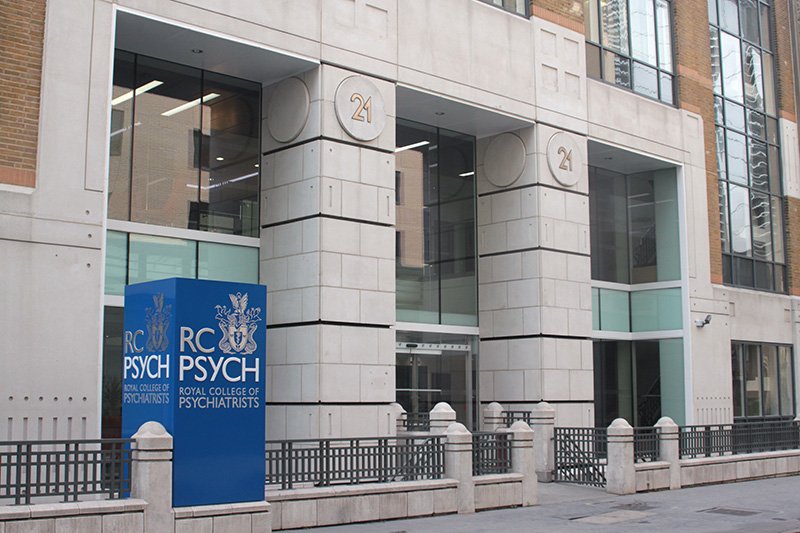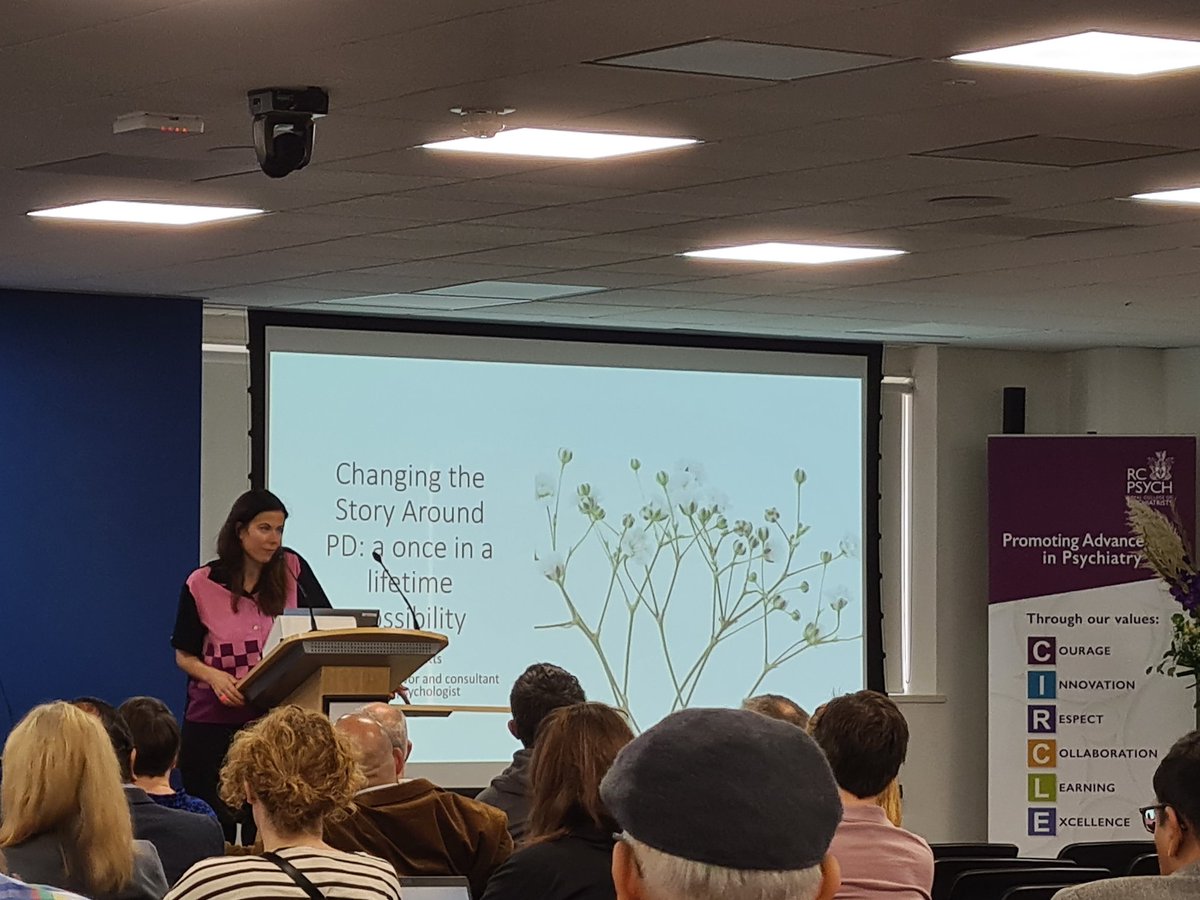
And we are here (late!) To the @rcpsych GAP conference. So far we think we've spotted @lovebillybragg and @SameiHuda. Looking forward to an interesting day #rcpg #rcpsychgap2022 

Some talk about the long term plan. Years ago "personality disorder" wouldn't have got a mention... #rcpsychgap2022 

Does a diagnosis get in the way of the credibility of those it is given to?
#rcpsychgap2022
google.com/amp/s/www.huff…
#rcpsychgap2022
google.com/amp/s/www.huff…
The borderline pattern collapses the model of the ICD-11 @Shrink_at_Large 

The problem with borderline is it links to such a powerful prototype (cartoon?) of manipulative, attention seeking etc...
Is that useful and what does it hide? #rcpsych2022
Is that useful and what does it hide? #rcpsych2022

3/4 people will get a personality disorder label of some description (mild/moderate/severe/difficulties), which is a problem if it links to that prototype/cartoon 🤔
#traumanotpd #rcpsychgap2022
#traumanotpd #rcpsychgap2022

So we need to remember the huge levels of trauma in the lives of those diagnosed with "bpd" (or bpd pattern) #rcpsychgap2022
So what else is hidden in the BPD pattern? Well, there's a lot of ASD around #rcpsychgap2022
Can we see past that cartoon/stereotype?
Can we see past that cartoon/stereotype?

Do we just need a new name?
1 Personality is not a neutral term.
Others reaction to "personality disoder" ramps up shame.
#rcpsychgap2022
1 Personality is not a neutral term.
Others reaction to "personality disoder" ramps up shame.
#rcpsychgap2022

Attempted solutions to manage distress are seen as symptoms of illness/a disordered personality
#rspsychgap2022
Credit to @RRowanOlive
#rspsychgap2022
Credit to @RRowanOlive

"BPD" reaches back in time and rewrites our history, validating the worst things people have ever taught us #rcpsychgap2022 

It is a closed system, everything is understood as bpd. Silent = attention seeking or communicative = manipulative
#rcpsychgap2022
#rcpsychgap2022

So why isn't there more change? We've been going on about this for years... #rcpsychgap2022 

The @rcpsych position statement says great things about relational working, but this diagnosis undermines relationships
#rcpsychgap2022
#rcpsychgap2022

The status quo is maintained by the idea that good care is dependent on the diagnosis of personality disorder
It's not just "bad staff". This term allows the pathologisation of difficulty/discomfort
#rcpsychgap2022
It's not just "bad staff". This term allows the pathologisation of difficulty/discomfort
#rcpsychgap2022

There's a question along the lines of "but how do we help," is SCM the answer?
In some ways it's a brave question but in others it shows how unprepared services are for helping people who have survived neglect/abandonment and abuse #rcpsychgap2022
In some ways it's a brave question but in others it shows how unprepared services are for helping people who have survived neglect/abandonment and abuse #rcpsychgap2022
If EUPD/BPD doesn't exist how do we account for people benefiting from DBT/MBT?
Those therapies aren't diagnosis specific and offer things helpful to many people. Why can't we offer them without people having to accept a PD label? #rcpsychgap2022
Those therapies aren't diagnosis specific and offer things helpful to many people. Why can't we offer them without people having to accept a PD label? #rcpsychgap2022
And that is my @Mental_Elf audition over.
@threadreaderapp unroll 🙂
• • •
Missing some Tweet in this thread? You can try to
force a refresh

















